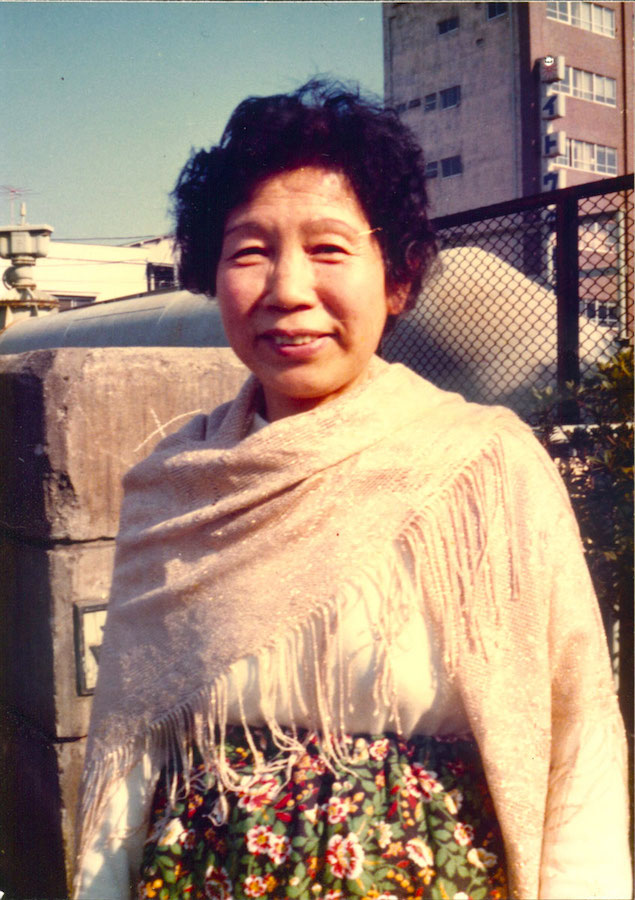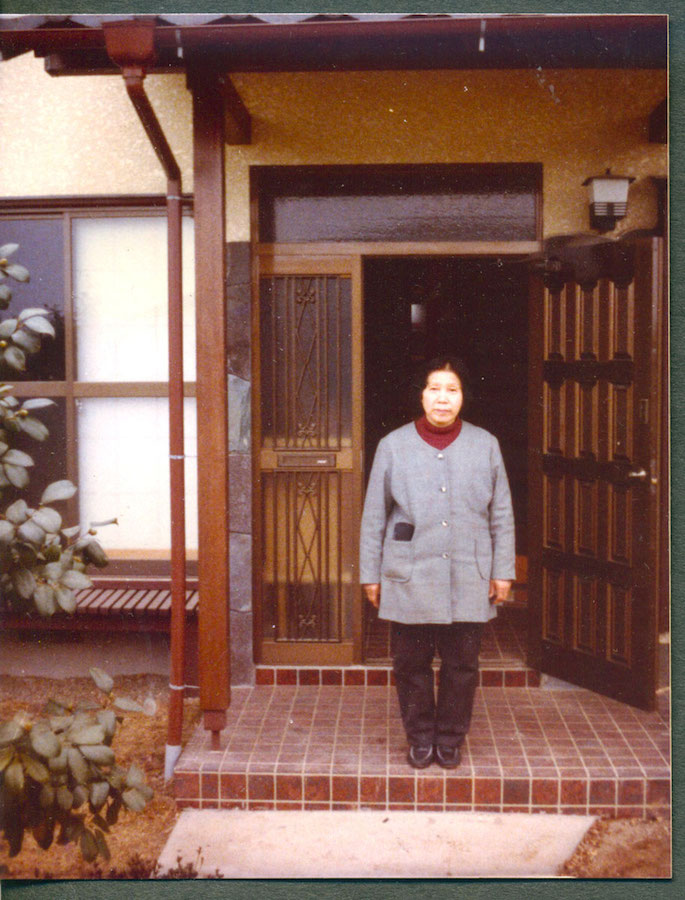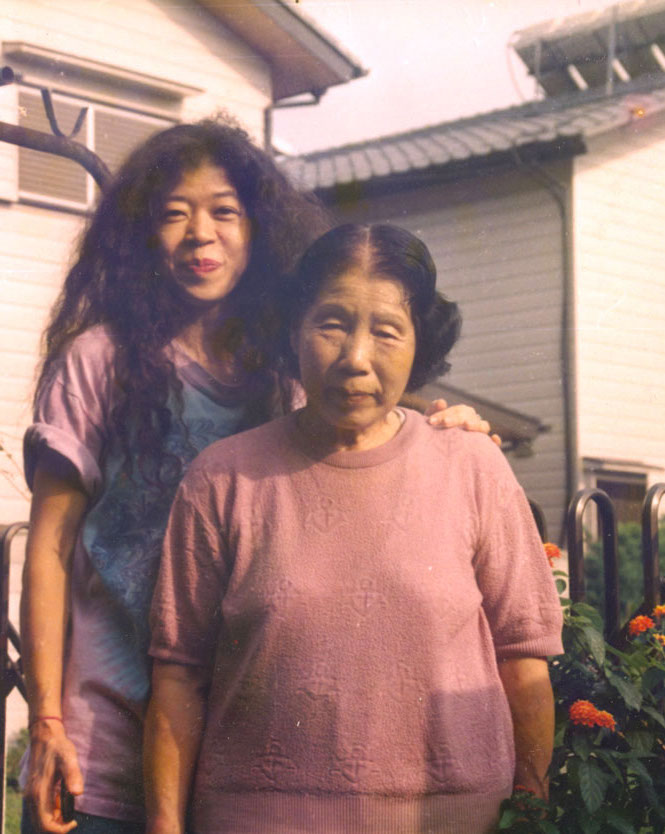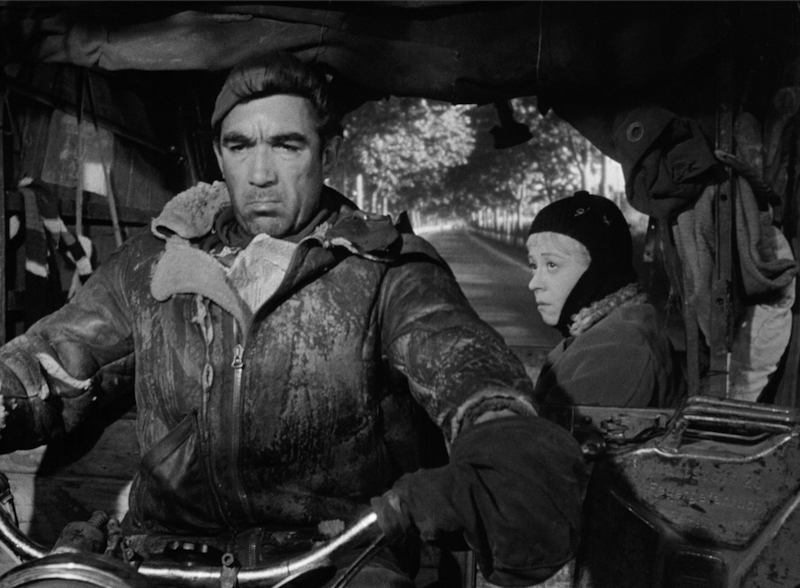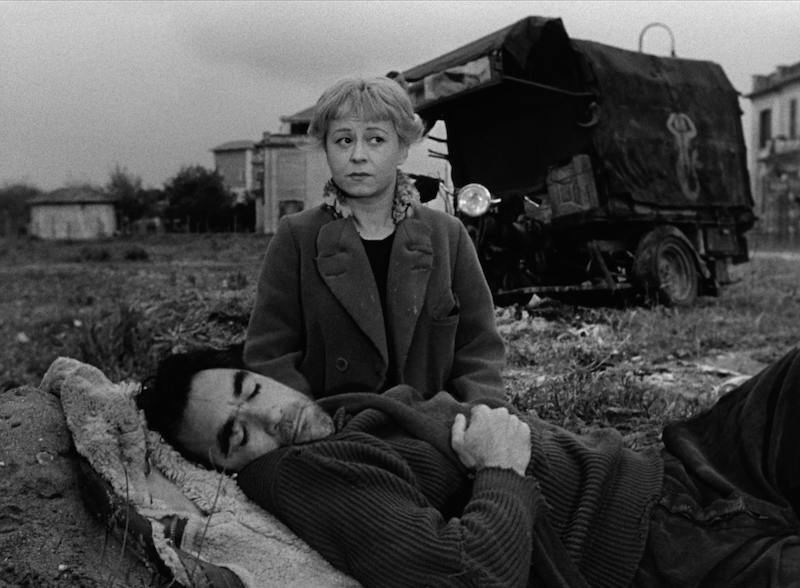トリさんとは誰だ? 私の母、かけがえのない人、終生の心のパートナー。トリさんは2004年に他界するまでの83年間、平坦であるべき道を、なんの理由か ”英孝”と呼ばれる、この重い荷物を背負い込んで歩いてきたような人生。
思い出すトリさんの持ち物は、糸だの足踏みミシンだの毛糸や編み棒。リボンフラワーの材料やら千切り絵用の和紙、鉢植えランは数限りなく、お気に入りの本もインコやトカゲも一緒くた。腕を通す事のなかったセーターやら衣類。身につけずに終わったアクセサリーやら殆ど着なかった和服一式やら。
自分の人生を邪魔されまいと,トリさんは甲斐性なしの男から離れようと、幼い私たちを守り逃亡を図るのだけど、彼女の上に図々しく胡座をかき競馬新聞を眺め、女たちの尻を追いタバコをふかし、金を使い果たし暴力で脅す男、英孝。トリさんの連れ合いで私の父親。
それでも私が英孝を受容できるのは、彼がアナーキストだった事、社会のなんたるかを身をもって教えてくれた事。英孝自身の背負いきれないトラウマは家族愛のなんたるかを学ぶ事もできず、それを私は理解する。最大限の彼の本能は、甘え切れる、決して自分を放り出さず、永遠の母であり女神である女性、トリさんを引き寄せる。
こんな連れ合いと半世紀も別れもせず、すべて看取ってその後10年を経て、強靭で不屈の精神を持ちビジネスの手腕に長け、与え続けたトリさんは力尽きて逝った。
見初められての否応無しの結婚とはいえ、離婚という健全な選択もあったろうに、「アタシも、皆から玉の輿などと羨ましがられ、いい気になっていたんだね。その誤まった決断を一生、受け入れるしかない。これはアタシの責任なんだ”」との変てこな理由も、共依存か何かの愛か典型的家庭内暴力の弊害か、執着か前世の約束事か、そのすべてだったかもしれない。どうにも、あの古典名画、”道”の、ザンパノとジェルソミーナに重なってしまう。ただしトリさんは負けん気の勝る自立した人だったけど。
今も私は、コンスタントにトリさんの夢を見る。古い大屋敷の屋根を忍者のように飛び跳ね、逃げ惑う彼女は泣きながら「もう嫌だ!死にたい!」と駄々をこねたり、海の向こうに仲良くトリさんと英孝、二人で住んでいて、遊びに来るよう私を誘ったり。これは夢でなく現実に、私が椎間板ヘルニアで身動きできなかった時、二人して私の眼の前に現れ、見舞ってくれたり。(いわば幽霊?)
こうした両親を今はありがたく思い、感謝しているけど、”なんだかなあ〜”。反面教師から、私はどこまで学んできたのか?
Who is Tori-san? My mother, an irreplaceable person, a lifelong heart partner. For 83 years until her death in 2004, Tori-san could be walking on a flat road, but she had been carrying heavy baggage, called “Hidetaka” for some reason.
Tori-san’s belongings were threads, a foot-operated sewing machine, yarns, and knitting sticks. There were countless materials for ribbon flowers, Japanese paper for shredded pictures, many potted orchids, her favorite books, parakeets and even lizards. Sweaters & clothings she didn’t wear, accessories that she didn’t put on, and a kimono set that she didn’t wear often.
To keep her life undisturbed, Tori-san tried to protect her 3 children and tried to escape from the unworthy man, but Hidetaka, who sits scratching his crossed legs and looks at the horse racing newspaper, chases the women’s hips, smokes cigarettes, using all the money and threatens us with violence. He was Tori-san’s husband and my biological father.
Still, what I can accept about Hidetaka is that he was an anarchist and taught me what society is all about. I understand that because of his own unbearable trauma he could not learn what family love is, and his utmost instinct was to attract someone to spoil and never reject him, an eternal mother and goddess for him, Tori-san.
Tori-san stayed with such a companion for half a century, and she took care of Hidetaka. Ten years after taking care of everything, Tori-san, who had a strong and indomitable spirit and was good at business, was exhausted and died.
Even though it was a desired marriage, there would have been a wise choice of divorce, but “I was envious of everyone because I married into a wealthy family, I was in a good mood. It was my mistake, so I have to accept my thoughtless decision for the rest of my life. It’s my responsibility. ” This her funny excuse was all about codependency, some kind of love, attachment, typical domestic violence pattern, her regret for a wrong marriage, or their past life promises. Maybe all came together, I mean. They were like ZAMPANO & GELSOMINA (La Strada), but of course Tori-san wasn’t like Gelsomina’s personality, Tori-san was very a powerful and strong minded woman, anyway.
I still have dreams about Tori-san constantly. She jumped like a ninja on the roof of an old mansion and runs away, crying and hating, “no way that is my life! I want to die!” or, Tori-san and Hidetaka live together over the sea, and invited me to come and visit. This one isn’t a dream, it’s a reality: when I couldn’t move because of a herniated disc, they both appeared in front of me and encouraged me to get back my health.(Yes, ghost?)
I am grateful and accepting of my parents, but “I wonder what it is”. On the other hand, how much have I learned from them (like bad/good example)?
